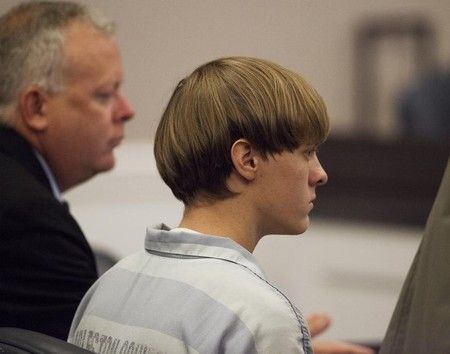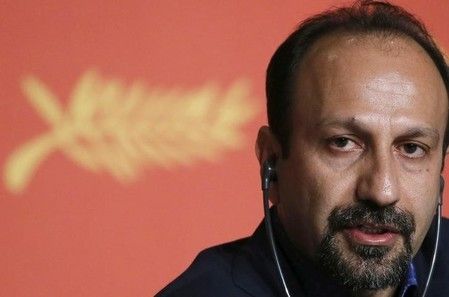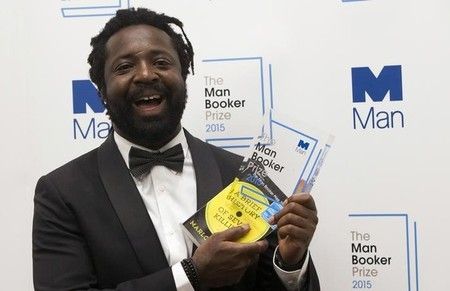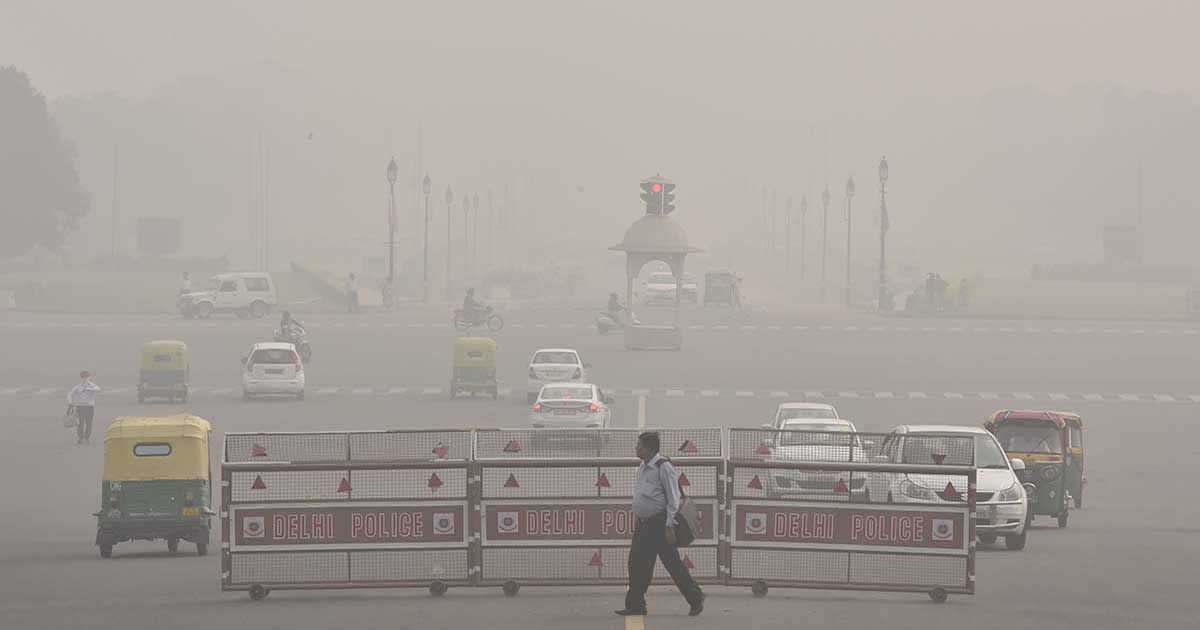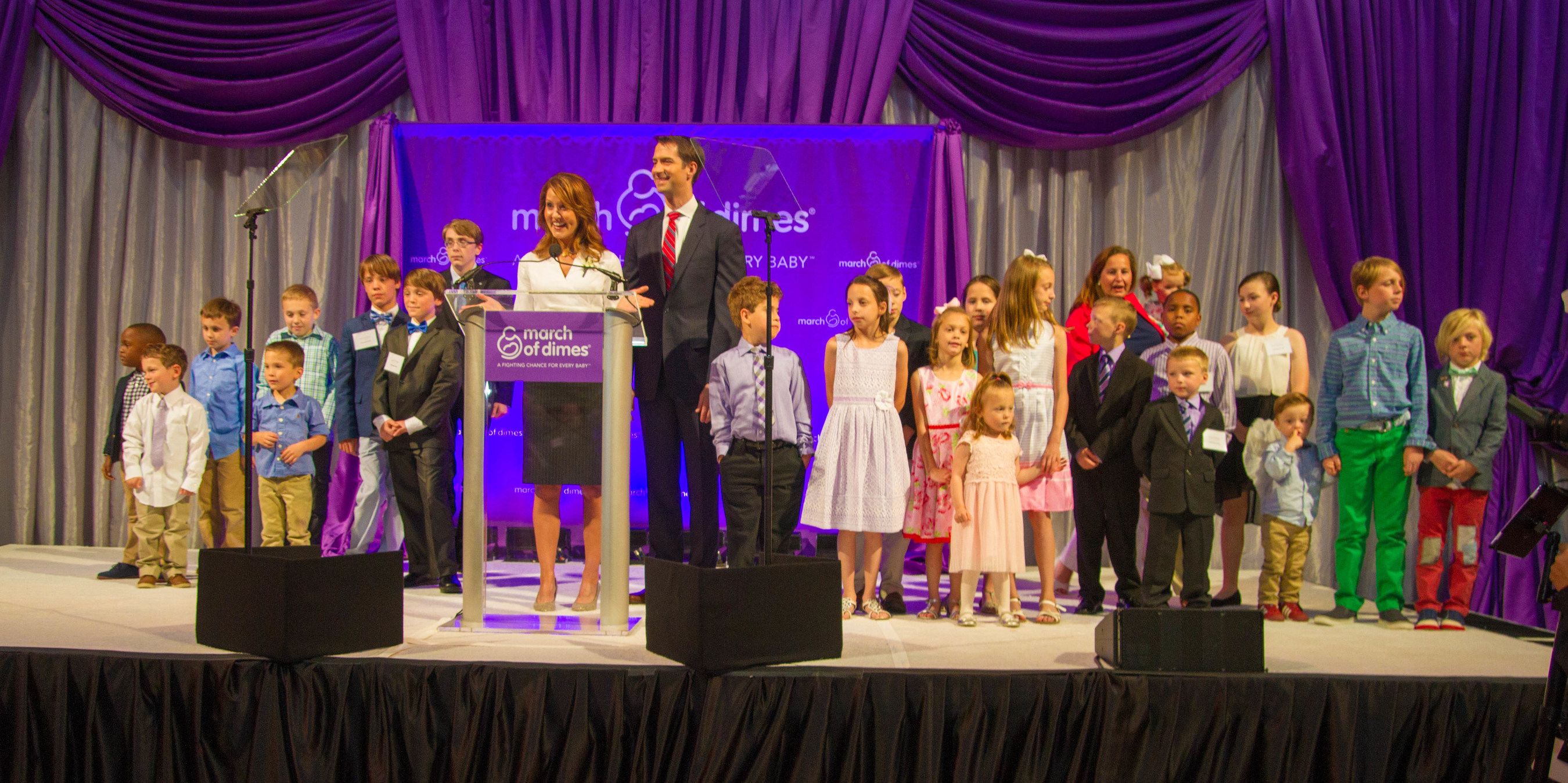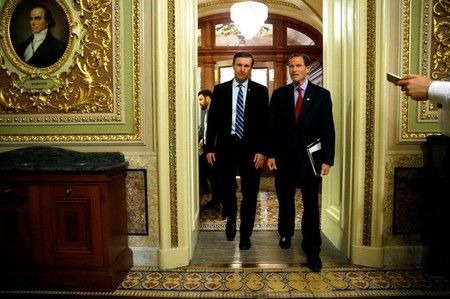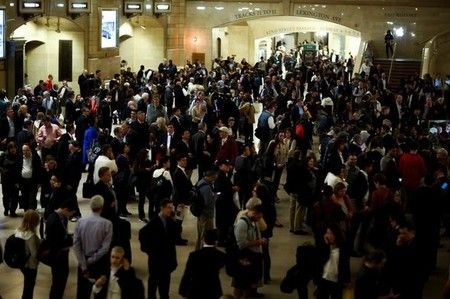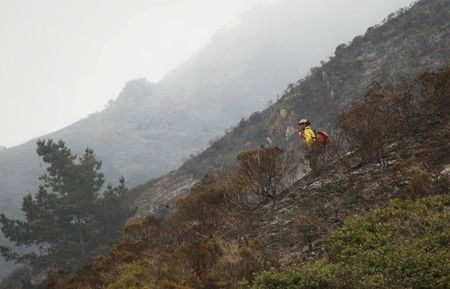Advertisement
Washington planners look beyond U.S.’ crowded ‘front lawn’
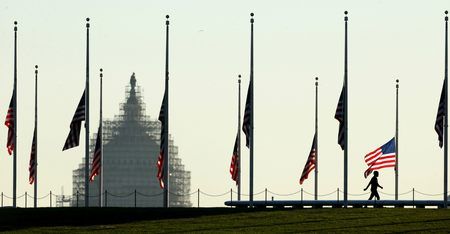
By Ian Simpson
WASHINGTON (Reuters) – The National Mall, the iconic lawn stretching from the U.S. Capitol to the Lincoln Memorial, has become so crowded with commemorative monuments that even the most ambitious tourists find it hard to visit them all in one day.
The backdrop for countless political protests and visits by world leaders, the park is packed with imposing memorials ranging from the tall white spire commemorating George Washington to the imposing black wall honoring Vietnam War dead.
As these memorials cluster ever-closer together and draw additional millions of visitors each year, the Mall’s custodians have launched a search for new ways to pay tribute to historical figures and events in the U.S. capital.
“The Mall is now considered by Congress to be a completed work of civic art,” Marcel Acosta, executive director of the National Capital Planning Commission, said in an interview.
That raises a problem, he said: “How are we going to accommodate all of the other events, people and important things to American culture that we’d like to commemorate on the Mall?”
City planners and the National Park Service have launched a competition seeking designs for memorials away from the two-mile (3.2 km) long mall, often called “America’s front yard,” aiming to pepper the rest of Washington with historic markers.
They are looking for new styles, not limited to the usual palette of bronze, granite and marble. The results could not only help Washington save space, but also hold down costs.
So far, 88 memorial designs have been submitted for four sites around the capital, some several miles from the Mall. They include an interactive commemoration of victims of the Holocaust and a memorial to biodiversity featuring the stenciling of public sites with tributes to extinct species.
Three finalists will be picked next month and the first off-mall monument design will be revealed in September.
‘I HAVE A DREAM’
A pilgrimage site for hundreds of school groups each year, the Mall is an important area for dissent. The Lincoln Memorial was the site of the Reverend Martin Luther King Jr’s “I have a dream” speech in 1963 and many other movements have gone to the Mall to bring their message to Washington.
“This is the symbolic centerpiece of the capital, and going to Washington remains sort of a required field trip in terms of engaged American citizenship,” said Erika Doss, an American Studies professor at the University of Notre Dame and author of “Memorial Mania: Public Feeling in America.”
More than 33 million visit the Mall every year, according to the Trust for the National Mall, and traffic swells for events like political rallies and holiday concerts. Trampling from crowds has left much of the stretch a dust bowl that the National Park Service has tried for year to re-turf.
Congress declared the Mall closed to new building in 2003, but made one exception: the last museum on the stretch, the National Museum of African American History and Culture, is set to open in September.
There were 167 memorials in the capital and surrounding areas, and Congress has authorized seven more to be built, including one to Revolutionary War guerrilla leader Francis Marion.
But the plan to place future memorials away from well-known icons like the tributes to veterans of World War Two and the Korean War have angered some groups. The Iraq and Afghanistan Veterans of America is fighting for a spot on the mall, calling potential plans to commemorate those wars farther away an insult.
“It’s a slight and I can say that it’s inconsistent with policy positions at IAVA for it to be anywhere but the National Mall,” said Allison Jaslow, the 183,000-member advocacy group’s chief of staff.
Even those open to the idea of moving memorials deeper into Washington worry that new designs might not have the dignity associated with the mall’s classical architecture. Those voices include Justin Shubow, the president of the nonprofit National Civic Art Society.
“They are confusing a memorial with a public art installation,” Shubow said. “They appear to be seeking gimmicky, post-modern spectacles with laser beams and the like.”
(Reporting by Ian Simpson; Editing by Scott Malone and Dan Grebler)



